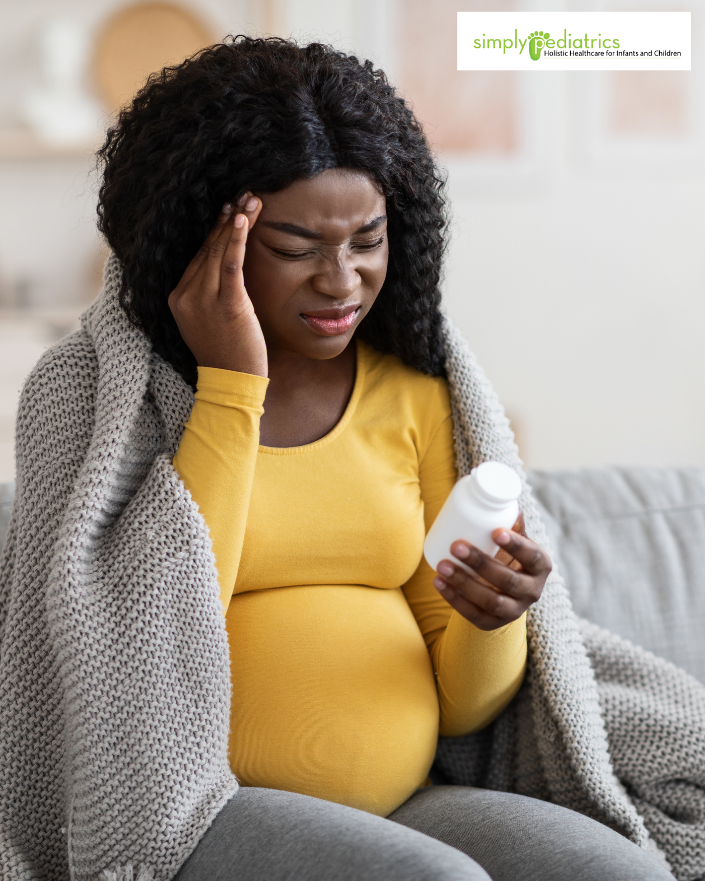
28 May Paracetamol (Tylenol/Acetaminophen) Use and the Risk of Wheezing and Eczema in Children
Studies have found that using paracetamol (also known as acetaminophen or Tylenol), especially during pregnancy or in a baby’s first year, may increase the chance of a child developing wheezing, eczema, or asthma later in life.
How It Might Happen:
1. Glutathione and Oxidative Stress:
Acetaminophen uses up glutathione, a natural antioxidant that protects the lungs. When glutathione runs low, the lungs may become more sensitive and inflamed, leading to wheezing.
2. Th1 vs. Th2 Immune Balance:
The immune system has different types of helper cells that fight off different threats. Two important types are Th1 and Th2:
- Th1 (T-helper type 1 cells): Help fight viruses and bacteria. They support long-term immunity.
- Th2 (T-helper type 2 cells): Help fight parasites but also trigger allergic responses.
In babies, using acetaminophen might cause the immune system to shift more toward Th2. This means the body might overreact to harmless things like pollen, food, or dust-leading to eczema, asthma, or other allergies.
3. Timing of Use Matters:
- Prenatal (before birth): If a pregnant mother uses acetaminophen, it may affect the baby’s immune and lung development.
- Infancy (after birth): The first year of life is a critical time for the immune system. Early exposure to acetaminophen may raise allergy risks.
Key Research Findings:
- The ISAAC study found a 46% higher risk of asthma symptoms by age 6-7 among children who used acetaminophen in their first year.
- Other long-term studies show that the more acetaminophen children take, the higher their risk of wheeze and eczema.
Bottom Line:
While acetaminophen is commonly used for pain and fever, frequent or early use may increase the risk of allergic diseases in children. It’s important to use it carefully, especially during pregnancy and in infants.

